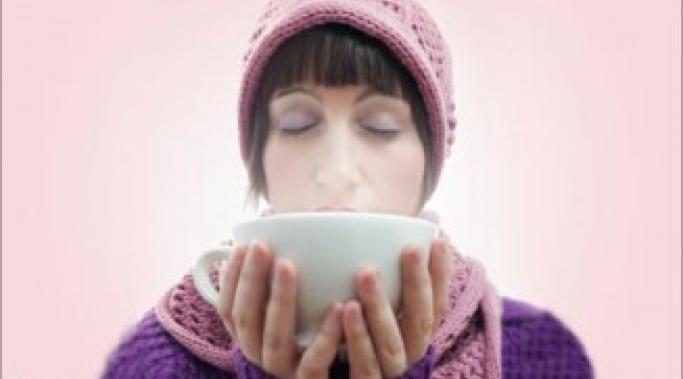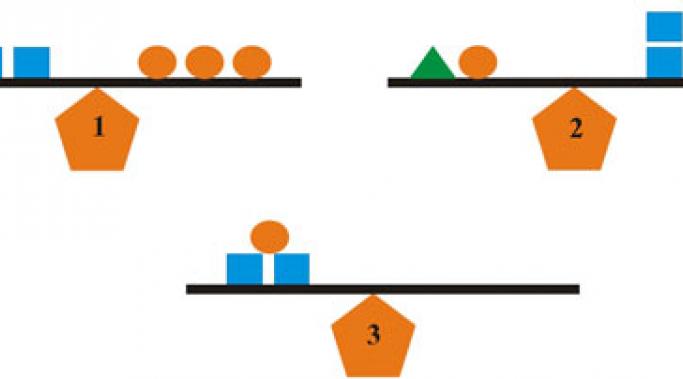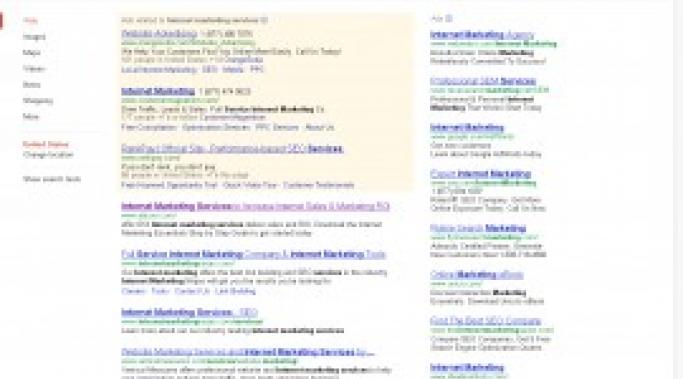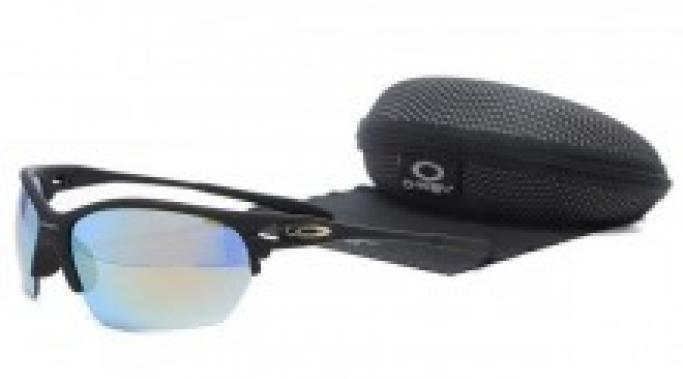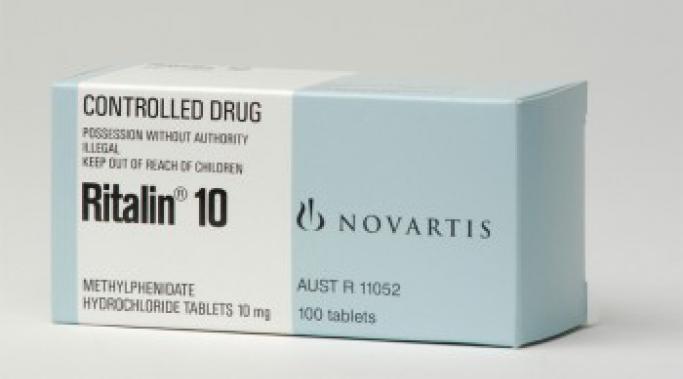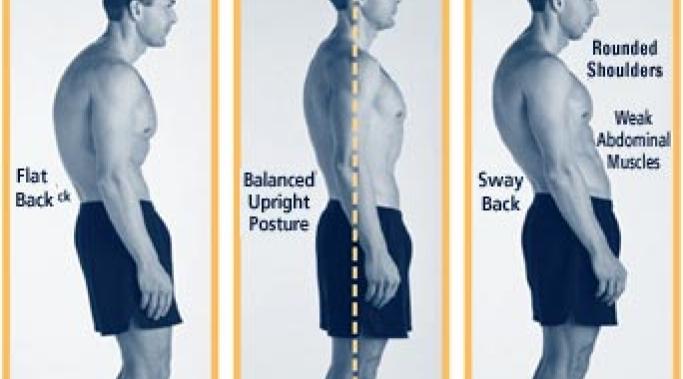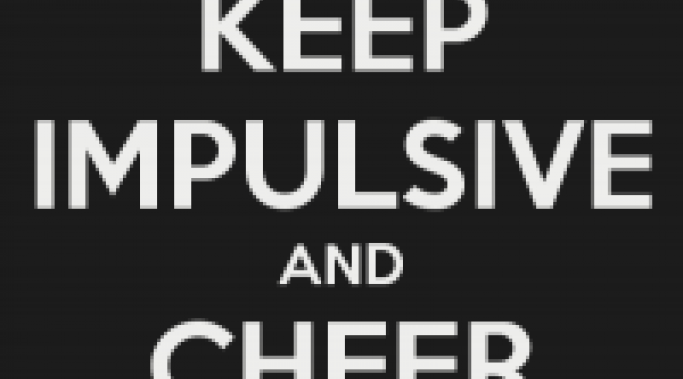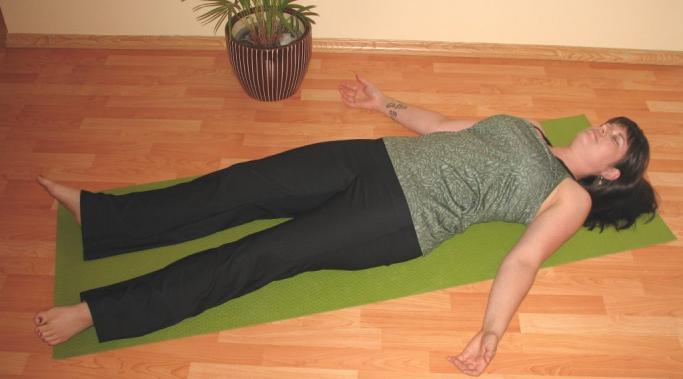Yesterday, I attended a really cool event run by the Maryland Branch of the American Physical Therapy Association (APTA) all about sports physical therapy and orthopedic surgery. A few times when I stood up my brain felt pretty wobbly. I was watching Doc Martin in the evening and noticed a bit of a tickle in my throat. Now, I have a full fledged cold and it definitely has an interaction with my typical adult attention-deficit/hyperactivity (ADHD) symptoms.
Living with Adult ADHD
Balance really is the key to life. Balance your life, your career, your significant other, and your children. Balance your attention-deficit/hyperactivity disorder (ADHD) symptoms. We're at our most successful and most functional when we have achieved the best balance of things. Today, I'd like to talk about how things get out of balance in the first place for those of us with adult ADHD. At least, this is how I view how our scales tip to and fro'.
I have spent the last 20 minutes unsuccessfully researching adult ADHD, using my library's medical journal archive and then, I did a plain Internet search. These are two of my least favorite things to do. I currently have no way to make it more enjoyable, but I bet you anything I'll come up with something useful by the end of this post. Please, read, learn and see thinking out loud happen in a blog post.
My doctor told me his theory on there being a connection between types of sunlight and Adult ADHD last year. Blue light is what is often used in those natural sunlight lamps that a lot of people use for Seasonal Affective Disorder (SAD). The lamps are supposedly able to give you more energy and keep you less sad during seasons where you don't have as much access to natural sunlight. When summer comes around, those of us who are already hyped up, imagine what extra natural blue light can do for us ...
Adult attention-deficit/hyperactivity disorder (ADHD) - it's what I have and it's what you either have or think you have, or what your loved one has or you think your loved one has. And, guess what? It can't be cured. And guess what else? That's okay. Also, you might ask, "Why can't it be fixed? And, if it can't be fixed, what the heck can you do about it?" The following is my argument for how best to approach the treatment and post-diagnosis-life of adult ADHD.
I talked about one of my professors a few weeks back in a post about ADHD and beneficial impulsivity and I'm here to talk about his wisdom again. We have this thing in physical therapy called a "physical therapy diagnosis" and my professor has some issues with the term - I'll explain. When you go your primary care physician, say, because you have a sore throat, they will give you a "medical diagnosis," like strep throat. When you go to a physical therapist with neck pain and we find that you have some postural issues, we'll "diagnose" you with: Impaired Posture. Or, if your physician says you have arthritis, we'll say you have "Impaired Joint Mobility." Seems like semantics at times, but what the heck is the point of a diagnosis anyway?
I am about to take a vacation. In t-minus 1 hour-ish, I will be leaving for the great state (I assume) of North Carolina. Does having Adult ADHD impact how we have vacations? I think so - and I definitely think it impacts how we are able to get on the road. Planning, organizing and waiting are all things that can be tough.
I had a really fun lecture recently about evidence-based practices and spinal dysfunctions and it led me to believe that having impulsive thoughts aren't always necessarily bad. Sometimes impulsive thoughts can be beneficial - such is true of medial diagnoses. You may say, "Yeah, yeah, Liz. Sure, saying that impulsive comment to my wife last night was 'beneficial' for me." What would I say back? I think the trick is to target impulsivity - to know when to give into it and when to lose it.
I know you have all been wating with bated breath for this follow-up post to last week's discussion about relaxing and Adult ADHD. Let's have a quick refresher of the definition of "relax" we are using:
make or become less tense or anxious;
rest or engage in an enjoyable activity so as to become less tired or anxious;
cause (a limb or muscle) to become less rigid; and,
straighten or partially uncurl (hair) using a chemical product
We agreed (at least in my head) not to tackle the fourth, so let's go ahead and dive into numbers two and three!
I have a three day weekend and I think it's time to talk about the interaction I've experienced between having Adult ADHD and being able to relax. Let me start off by defining the word "relax." This is the definition I found during my quick internet search:
make or become less tense or anxious;
rest or engage in an enjoyable activity so as to become less tired or anxious;
cause (a limb or muscle) to become less rigid; and,
straighten or partially uncurl (hair) using a chemical product.
I'm going to address the first one today and the next two next week. As someone with insanely curly hair (when long) I've tried the fourth and felt no less anxious after, [insert smiley face here] so it will not be discussed.
